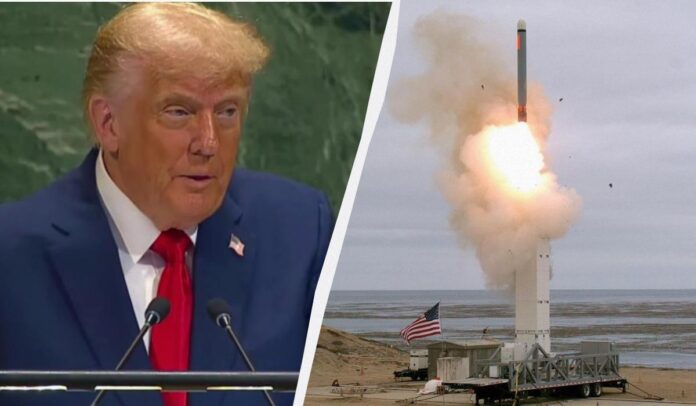The bottom line: according to The Wall Street Journal, The Trump administration has agreed to provide Ukraine with US intelligence for precision strikes deep into Russian territory, primarily on energy infrastructure. At the same time, Washington is still weighing the issue of supplying more powerful weapons. The Wall Street Journal+1
What exactly does the WSJ report
The WSJ writes that for the first time, the US is officially allowing its intelligence agencies and the Pentagon to help Kyiv target strikes «far beyond the front lines» - including oil refineries, pipelines and energy facilities deep inside Russia. This should increase the effect of Ukrainian raids, which have already put some Russian refineries out of action. This shift in policy was also reported by Reuters and The Guardian. The Wall Street Journal+2Yahoo+2
«The »key point": the form of assistance and limitations
The key detail is that we are currently talking about intelligence and targeting, The US has been talking about new long-range missiles, not guaranteed deliveries. The WSJ and The Guardian point out that the issue of arms (including the possible transfer of Tomahawk missiles or other long-range systems) is still under discussion. In other words, support is already being expanded, but the format and scope of the support remains subject to political decisions and may include targeted restrictions. The Guardian+2The Wall Street Journal+2
Reactions and risks of escalation
The Kremlin has publicly warned that the arrival of US long-range missiles in Ukraine will «seriously damage» US-Russian relations and will be an escalation. At the same time, the Russian side is trying to devalue the news of the intelligence exchange, calling it «routine». AP News+1
What this means for Ukraine
Targeted intelligence can increase the accuracy and frequency of strikes on critical Russian energy facilities, deepening the enemy's fuel and logistical problems before winter. According to estimates, Kyiv has already hit 21 of Russia's 38 oil refineries, and additional intelligence support could strengthen this trend. However, the practical effect will depend on the speed of data exchange, possible political red lines, and the US decision on weapon classes. The Guardian




